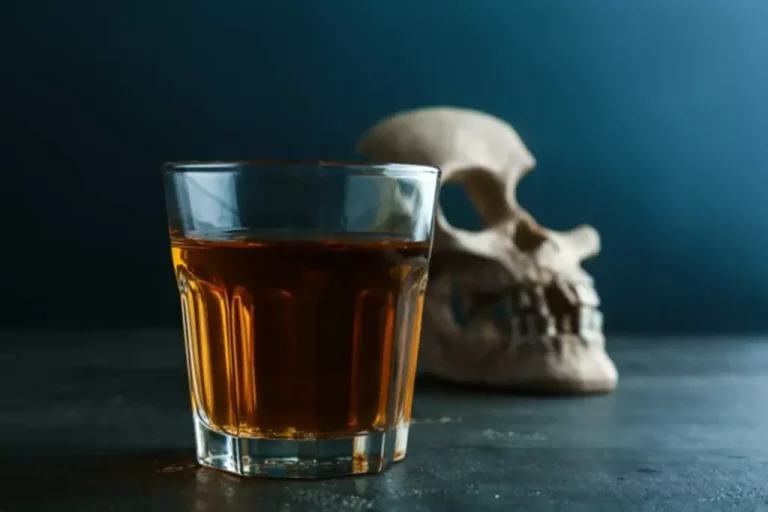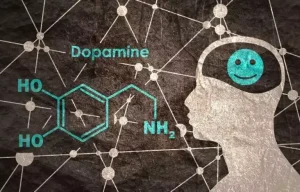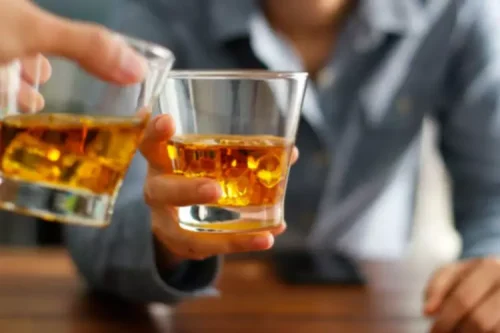
The degree and invasiveness of haemodynamic assessment required will be guided by the clinical severity of the case. Additionally, the patient’s history, full clinical examination, current medication, clinical monitoring and laboratory investigations should be used to determine the likely fluid and electrolyte balance. Alcohol dehydrates you, and it’s crucial to drink plenty of water and replenish electrolytes after consuming alcoholic beverages to restore optimal fluid balance. While it’s well known that drinking too much alcohol can lead to a hangover, even moderate alcohol consumption can lead to dehydration and electrolyte imbalance. Understanding how consuming alcohol leads to increased urination requires an understanding of ADH. ADH stands for antidiuretic hormone (also known as vasopressin).

Dry mouth: Your body produces less saliva when you’re dehydrated, so your mouth and tongue may feel dry.
Sports drinks or other rehydration solutions can help restore electrolyte losses from sweating as well. Alcohols like whiskey and brandy have high levels of congeners, including tannins and acetaldehyde. These might lead to dehydration more quickly, according to a 2010 study [8] [9]. A vodka with soda is likely more hydrating than just a shot of vodka because you’re consuming more fluids from the soda. “Stronger alcohol might provoke more dehydration, but it truly has not been studied enough to know for sure,” she says, pointing to a 2017 study published in Nutrients.
- Maintaining adequate total body water involves a complex network of homeostatic mechanisms that regulate water conservation, excretion and oral intake (through thirst) [27].
- This can happen for many reasons, including diarrhea, excessive heat, and intense exercise.
- It is important to note that having higher blood sugar from consuming very sugary drinks may encourage the body to eliminate the excess sugar but may not necessarily cause dehydration.
- Although we can’t fully prevent dehydration that accompanies drinking alcohol, we can take steps to help our body process the alcohol and lessen the effects of dehydration.
- Drinking water while you’re still drunk isn’t going to prevent you from becoming dehydrated, but it may help lessen the degree to which you’re dehydrated.
How do you rehydrate after drinking alcohol?
- They don’t carry as much water in their bodies and they can’t tell as easily when they’re thirsty.
- Most hard liquors have high alcohol content; the alcohol by volume (ABV) of liquor is around 40%.
- The framework for the intensive, face-to-face meeting was for small group discussions to alternate with plenary sessions.
- ECF is further divided across the interstitial and intravascular spaces (Figure 1).
The same 2016 study from the American Journal of Clinical Nutrition found that milk was more hydrating than water, sports drinks, coffee, tea, and a handful of other common beverages [6]. After a night of drinking it’s important to make sure you rehydrate. Stoutz says the best way https://ecosoberhouse.com/ to hydrate is to alternate alcohol and water while you’re drinking. “You can’t entirely prevent it, but if you go into drinking well-hydrated, you are less likely to feel the negative effects of dehydration,” she says. Just like any alcoholic beverage, beer does dehydrate us.

action: ‘healthbeat’

The most common symptoms of alcohol dehydration include thirst, a dry mouth, headaches, muscle aches or cramps, fatigue, and dark-colored urine. Drinks with higher alcohol content, including vodka, whiskey, and rum, can have a stronger dehydrating effect does alcohol dehydrate you than beverages with lower alcohol content, such as beer or wine. It’s generally believed that for every gram of alcohol consumed, the kidneys produce around ten milliliters of urine, which increases fluid loss and contributes to dehydration.

Risk factors
In summary, haemorrhage, pathological polyuria, vomiting, diarrhoea, drug-induced diuresis or poor oral fluid intake can all lead to a deficiency in body water – to “dehydration”. However, for the reasons explained above, the same volume of water deficit can produce different biochemical and haemodynamic effects [26]. Therefore, although much of the physiology of dehydration can be well described, the clinical presentation may be indistinct and as such demands broad, comprehensive assessment. Different approaches to diagnosis, prevention and treatment are needed for the different types of dehydration. Alcoholic beverages such as beer, wine, and liquor increase urine output and could cause dehydration if consumed in large amounts.
Alcohol Dehydration Symptoms
- Alcoholic beverages contain ingredients called congeners.
- Anyone can become dehydrated if they don’t drink enough water.
- However, due to how alcohol affects the production of ADH, you will still become dehydrated after drinking beer.
- It’s also important to know the signs of dehydration so you can recognize them in yourself and others.
While it’s tempting to slurp down that iced mocha and think you’re properly hydrated, it’s not that easy. How much water you need to drink is unique to your situation, depending on the amount of energy you use. Factors can include how much you exercise, how much you sweat and how much fruit and vegetables you eat. But a lot of times, you may think you’re getting enough water each day. Factors like your medication, how much you sweat and if you’re sick can affect your levels of hydration.
- Extreme dehydration for a long period of time can be extremely damaging to our body and can even be fatal.
- But in doing so, your body can overcorrect and make your blood pressure skyrocket.
- This also means drinking alcohol on an empty stomach can lead to a higher blood alcohol content (BAC).
- Some beverages are better than others at preventing dehydration.
- Drinking too much water too quickly can cause electrolyte imbalances, so take small sips and drink slowly.
There’s a persistent belief that chugging water after a night of drinking can counteract the effects of too much booze, but experts say it does little to prevent the fresh hell of a hangover. If you take diuretics, antacids, laxatives and blood pressure medication, they may be designed to flush water and electrolytes out of your body. Eating foods like bananas and apples not only helps hydrate your body, but also provides those essential electrolytes that help regulate nerve and muscle function, blood flow and brain function. Electrolytes help regulate how much water stays in the cells of your body, too.
If a person does not get enough hydration alongside their alcohol intake, the alcohol may cause dehydration. Generally, the higher the alcohol content of a beverage, the more dehydrating it can be. Hydration is the process of ensuring the body has enough water.

